Not Everyone is Celebrating the Power-Sharing Deal in Sudan
One of the main opposition groups in Sudan--the Sudanese Professionals Association--issued a statement on July 5 that was reported by numerous U.S. media outlets as a victory for the Sudanese protest movement. On further analysis, however, it may not be as big a win as it initially appeared.
United States Assistant Secretary of State for African Affairs Tibor Nagy put out a statement via the media on Tuesday warning of nay-sayers and critics of the deal who will try to derail Sudan’s movement towards a civilian led democratic state. “I don’t have precise information on this group or that group or that individual, but suffice to say that there are fringe elements on both sides that are probably not happy with the process and the positive outcome,” says Nagy, according to The National
The New York Times and the Associated Press reported that the meetings that proved instrumental to Sudan making this deal took place in a mansion of a Sudanese mogul in Khartoum and participants won’t openly discuss details of and leading up to the meeting. The secrecy, the spatial and symbolic disconnection of the final pre-announcement decision-making moments from the neighborhood resistance committees that are believed to be the heart and fuel of the revolution might explain the hesitant embrace of the announcement as a victory by some Sudanese.
Marine Alneel, a Sudanese activist based in New York, expressed her disappointment,
“It’s definitely not what we wanted. It’s just going back on all the promises they’ve [The Declaration of Freedom and Change Forces] made... Based on them, we backed them. We supported them, and we gave them that power by our numbers basically.”
Speaking on an Aljazeera broadcast days after the announcement, Alneel says, that unlike secret meetings in mansions, Sudan’s revolution will move forward with the “the unions and the neighborhood committee councils taking the lead remembering that the Declaration of Freedom and Change Forces only have their power through them; and that it’s them that are leading the revolution.”
The revolution is not over is a message shared across social media about Sudan, a blue eye graphic is showing up as folks’ fb profile pics symbolizing the vigilance activists are calling for from the world to upcoming actions by the TMC-FFC coalition; which follows the trending of the #KeepEyesonSudan hashtag on Twitter in the wake of the military’s ostensible coup in April. People are wanting it to be over, Alneel said. Instead of fighting in the same way to achieve the demands that had been inspiring the revolution, the agreement is accepted by some as only as a move forward that gets them nearer to their end goal, but doesn't fully achieve it, she asserts.
“At first, I thought that people thought it was a victory and that’s why they were celebrating. But after speaking to a few of my friends back in Sudan, it felt like people knew very well that this was not a victory but more like a milestone. And it’s understandable that after what’s been happening the past two months, that people really just need some time to celebrate after all the grief that’s been happening. But I have honestly yet to see somebody who generally believes that this was a victory.”
Sudanese protester Asad Mohammed Ahmed says he is not going to celebrate yet.
“We don’t have any objections to people in Sudan celebrating,” he says in an interview with Aljazeera TV . “For us though, the revolution has not finished. I want to say that our revolution is only 50 percent done at this point. The revolution hasn’t finished because we still have demands and these demands have not yet been met. We have the blood of the martyrs that is gone now in the main protest sites and we still have rights that we want that haven’t been given to us yet.”
On June 3rd, hundreds of Sudanese captured on video men in brown camouflage uniforms typically associated with members of the Rapid Support Forces (RSF)--a militia aligned with the TMC--harassing, whipping, and shooting at a large number of mostly young Sudanese men in an area that had been used as a sit-in by protesters. The RSF are viewed by many as a re-branded jinjaweed militia force who are widely believed to be responsible for scorched earth, brutal military offensive, and sexual assault campaigns targeting ethnic groups in Sudan’s peripheries at levels reaching genocidal proportions.
Ahmed’s interview happened before the Internet blackout in Sudan was lifted. A few days later, on July 9, Internet providers MTN and Sudani reopened Internet connections to subscribers--reportedly, however, at much slower speeds--leading to a massive dropping of video footage of the June 3rd massacre that had not had a chance to be viewed previously because the government shut down the internet shortly after the massacre.
The result is that, in a Sudan whose foundations are being rocked by a youth-led, socially heterogeneous, and ideologically radical popular movement, many are now calling for deliberate and genuine efforts to bring the perpetrators of the June 3rd massacre to justice.
“My priorities have completely shifted,” activist Mohamed Farouk, explains in an interview with Reuters. “Now I want justice for those that were killed during the dispersal, that massacre. These people are my priority.”
July 14th began a week of civil actions taking place across Sudan to bring attention to and demand retribution for the high number of murders, rape, torture, and disappearances of protestors that are being blamed on members of Sudan’s RSF and other security forces over the course of the popular uprisings that began in December last year. The week of actions was collectively termed “Week of Martyrs” or “Justice First Parades,” and culminated with a large gathering at Khartoum’s historic Green Square where onlookers witnessed the covering of the old name of the square with a banner that read, ““Justice first ... loyalty to the revolution’s martyrs,” and as the subsequent posts across social media give evidence to, the renaming of the park as “Freedom Square” was fact.
Freedom Square rally
These actions may inspire a dynamic social push, resulting in the radical remaking of legal institutions that can ensure justice for the victims of the June 3rd massacre; in motion at the same time that Sudan works out its governing partnership with a group of extra-legal left-overs of Bashir’s regime.
On July 17th, members of the FFC and TMC officially signed a power-sharing deal that was much like the one announced on July 5th. It left unanswered many questions that the previous one had raised, such as the relative powers of each of the governing bodies that both had agreed to establish during the transitional period—a sovereign council, council of ministers, and a legislative council. Many of the those answers are expected to be addressed in a follow up constitutional declaration.
Ahmed Ibrahim Yasein, a young artist and film-maker based in Khartoum, says people in Sudan will continue to protest until they receive a ”response to all of our demands.” People are “waiting [for] the result of the ending of the deal,“ he explained. “We need realization about all the crimes and violence during the revolution from the beginning until June 3rd. This [is] the first demand for all Sudanese people.”
Besides the opposition forces’ grassroots elements that are represented in the large marches in the streets across Sudan, the negotiating team representing the interests of the 14 organizations making up the FFC umbrella group contains fissures as well. Members of the Sudan Liberation Movement (SLM-MM), Sudanese People’s Liberation Movement—North, and the Sudan Call Forces—armed factions represented in the FFC negotiating body, have issued statements critical of the power-sharing deal, if not outright rejecting it. An issue raised by more than one of the armed faction contingents was that of not impacting the decision-making of the main body of FFC negotiators as co-designers of the power-sharing agreement that was recently signed. Representatives of these armed factions met separate from the main negotiating team that included Hemeti in Khartoum. Instead they talked about the planned agreement with a contingent of members of the FFC in Addis Abbaba, Ethiopia. SPLM-N head, Malik Nur, is reported by the Sudan Tribune to have stated, “The agreement ignored important issues being discussed in Addis Ababa, foremost of which is the issue of peace.”
Other organizations representing professionals in Sudan issued strong responses to the power-sharing deal, as well. The Alliance of Civil Forces said in a statement that although the representative of the Alliance expressed disagreement with the document and his decision not to sign it, other FFC members “insisted that they continue their signing, so that this signature will come to record a clear violation.” The statement lists the several concerns the alliance has with the agreement. A few among them being that the political agreement was signed before a constitutional declaration had been agreed upon which clarified “arrangements for the form of governance and the powers of its institutions”; the failure of the document to ensure that the transitional government is completely civilian-led; and insufficient attention given to the work of peace-building with armed movements representing constituencies in the conflict areas of Sudan. While the Sudanese Journalist Network, in a statement dominated by indignant disappointment with the fact of an alliance with the transitional military council, says "the agreement is devoted to a dysfunctional partnership that produces a being distorted by a hateful military head, so that all the dreams of our people will be lost.”
Lastly, the Sudanese Communist Party, in a July 17th statement, explained its rejection of the deal on much the same grounds. It is less than the scenario encouraged initially and presented under the threat of diplomatic reprisals by the African Union in April that would lead to a transfer of power to a full civilian government body within 2 months. Instead, it was, the statement reads, “imperfect and flawed and is in the soft downward course that restores the crisis by continuing the repressive, economic and repressive policies of the former regime against which the Sudanese people have rebelled, and it does not amount to the sacrifices of the people of our people.”
Can all these statements be characterized as expressions from “fringe elements” that Assistant Secretary Nagy foretold would come out against the deal?
The constitutional declaration was not announced on July 19th, as was originally stated by the TMC-FFC coalition. Instead, its postponement was. And then hours later, on SPA’s Facebook page, a list of actions for the next week appeared. The actions focused on achieving justice for martyrs, assisting in the work of finding missing persons, and supporting victims of torture and sexual abuse. At the end of the week, after Friday’s prayer, would be conversations about “civil transition in Sudan,” followed by more marches in neighborhoods throughout Sudan—in a sign that the streets are not done trying to remake Sudan into the one they have been dreaming about for 30 years.
But only recently coming out of a TMC-imposed 34 day Internet blackout, Sudanese have likely spent the last couple of weeks catching up and reconnecting to their struggle and to each other. About a week ago, after more than a month without regular internet service, Ahmed El Hadi Mohammed, a young medical student in Khartoum, was not up to speed on some things. The internet blackout in Sudan prevented the majority of Sudan from interacting with a plethora of resources that would help them understand the dynamics of the announcement of the power-sharing deal. Sudan has no free public library and no free press either. In a conversation online, he mistakenly states that details of a pre-June 3rd power-sharing arrangement proposed by the FFC were part of the more recent version of the deal.
Once given new information about a newer version of the deal, in particular that the make-up of the legislative council was to be decided at a later date, he texts back,
“Oh, I see. That’s a shitty deal.”
Vania Gulston is a freelance writer, radio journalist, and founder of WJYN Radio, a community radio station in Philadelphia. She studied history and folklore, and then later earned her masters in social studies education. She teaches at a public school in New York.
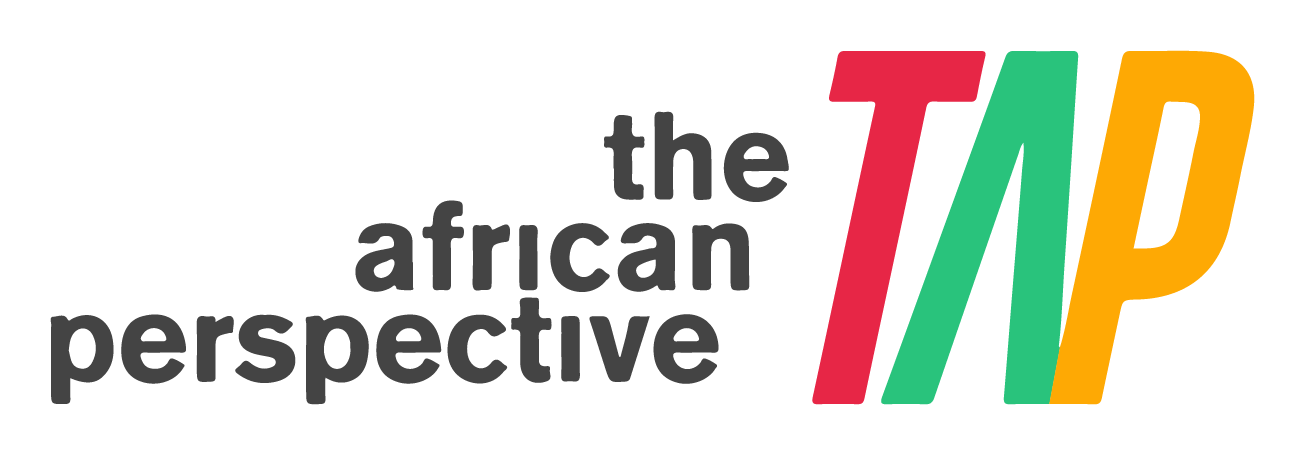




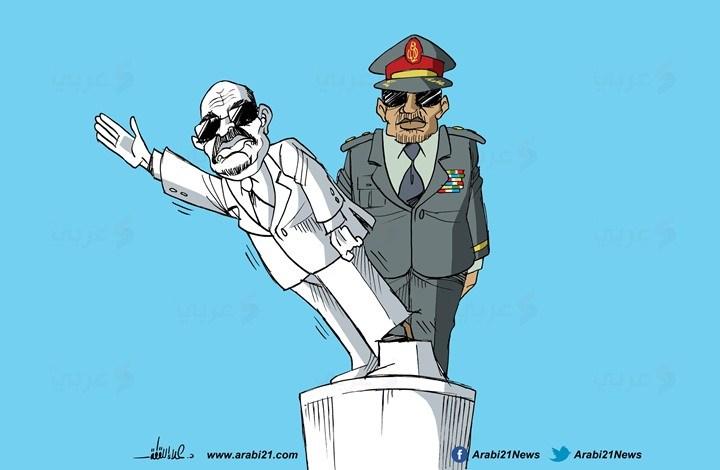
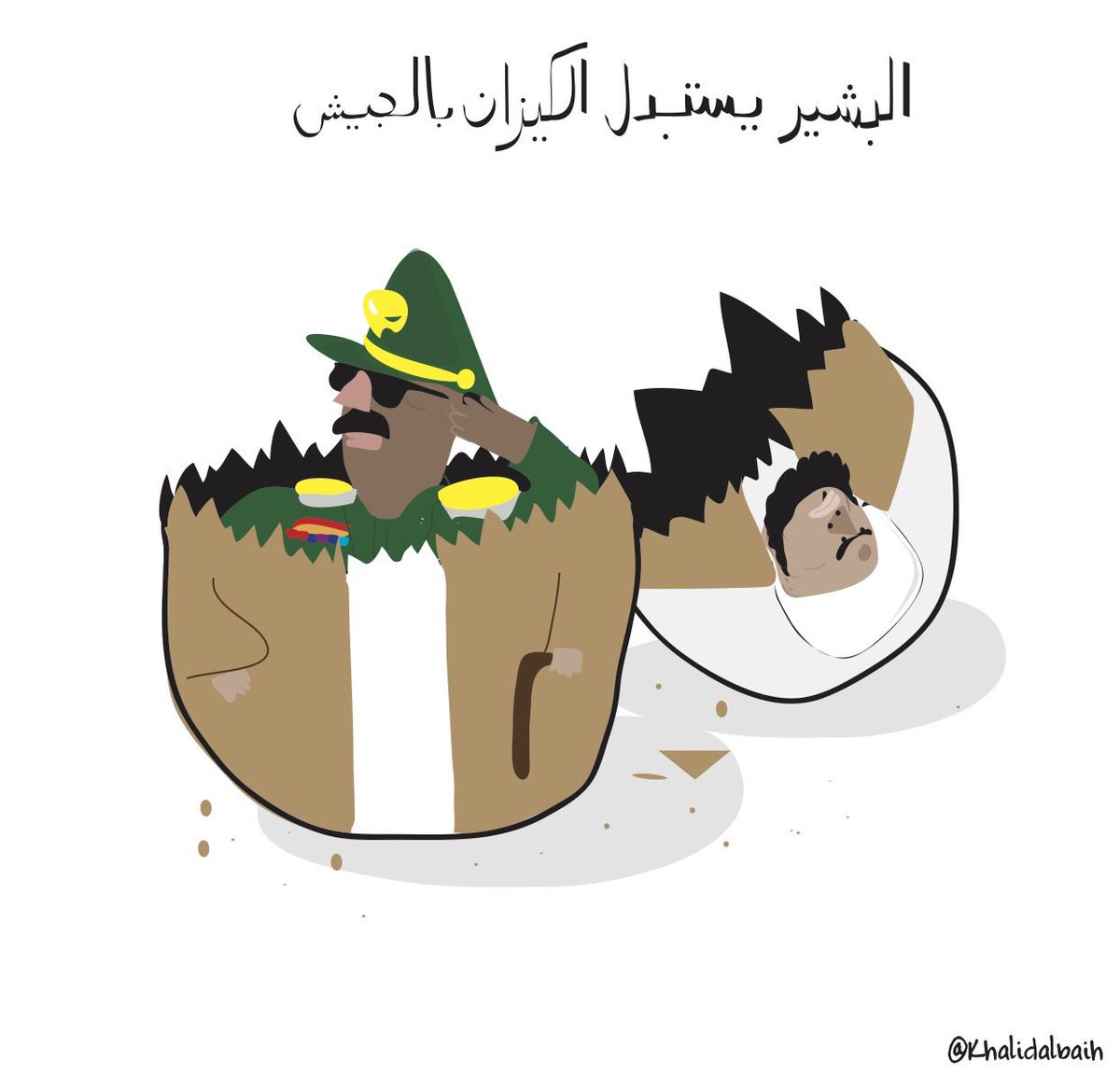
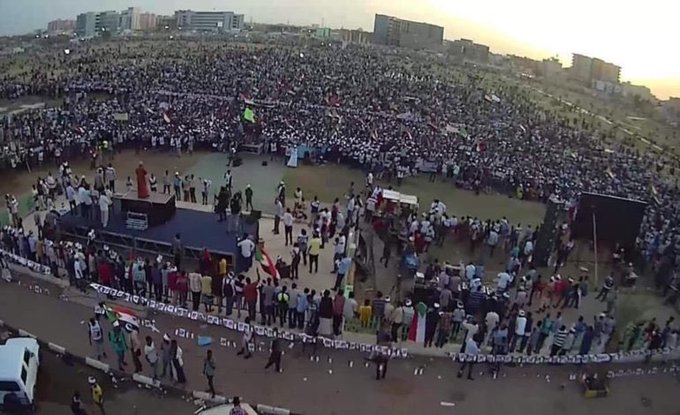
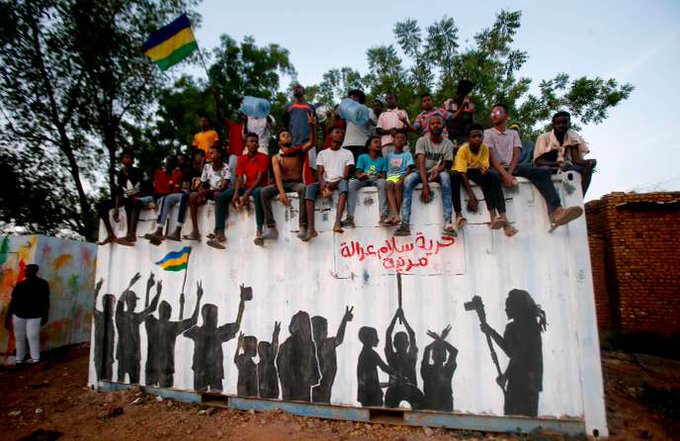


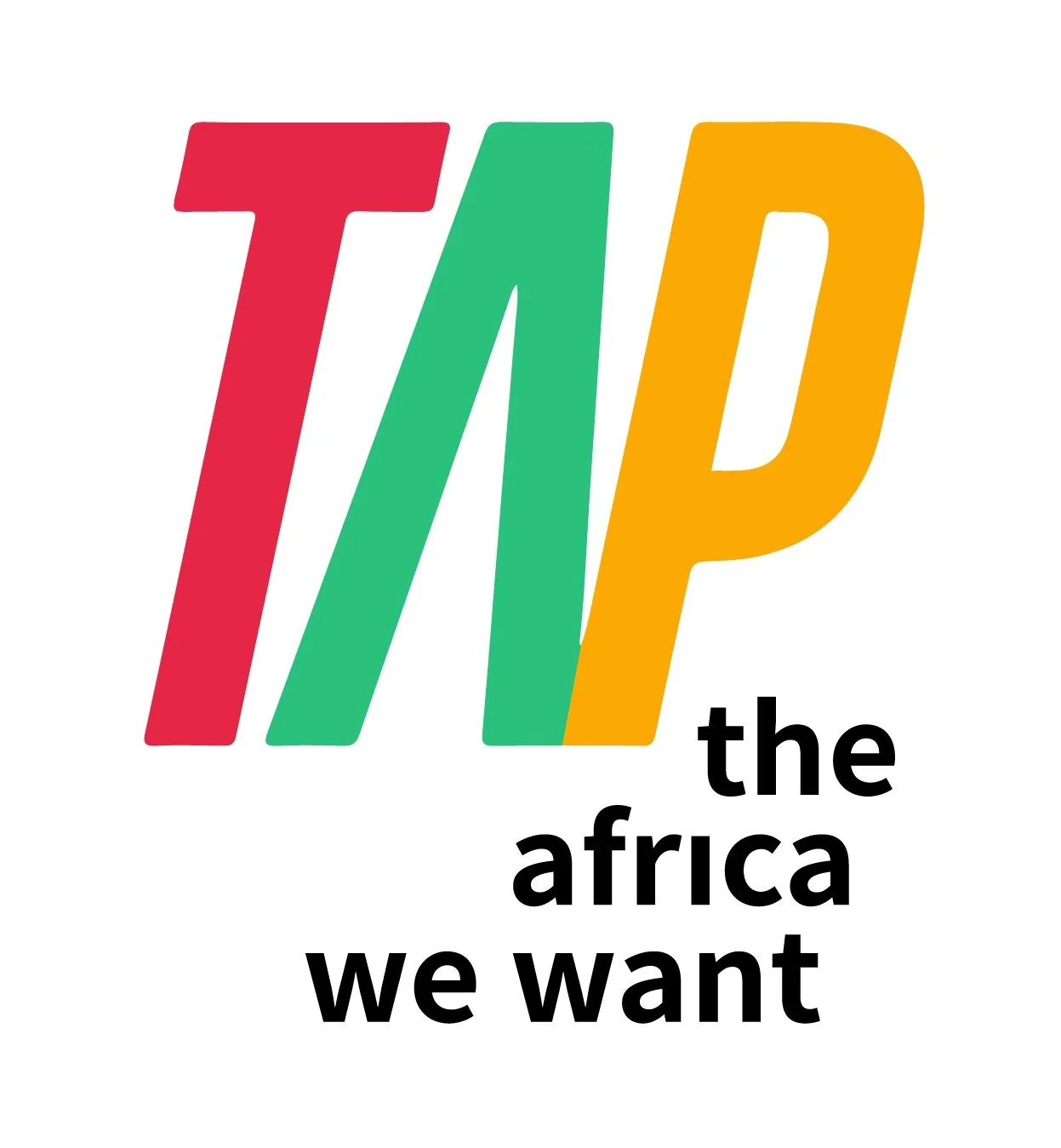






Welcome to Issue 19 of TAP. For the past decade, migration has been one of the leading political issues across the Western World. In Europe, many people live in paranoia of African migrants swimming onto their shores and taking over their villages, towns, cities, and countries; but most importantly, their jobs and way of life. This fear has led to the resurgence of extreme far-right groups, politicians, and political parties. Using fear, they have taken the opportunity to incite division and hate amongst the doubtful masse